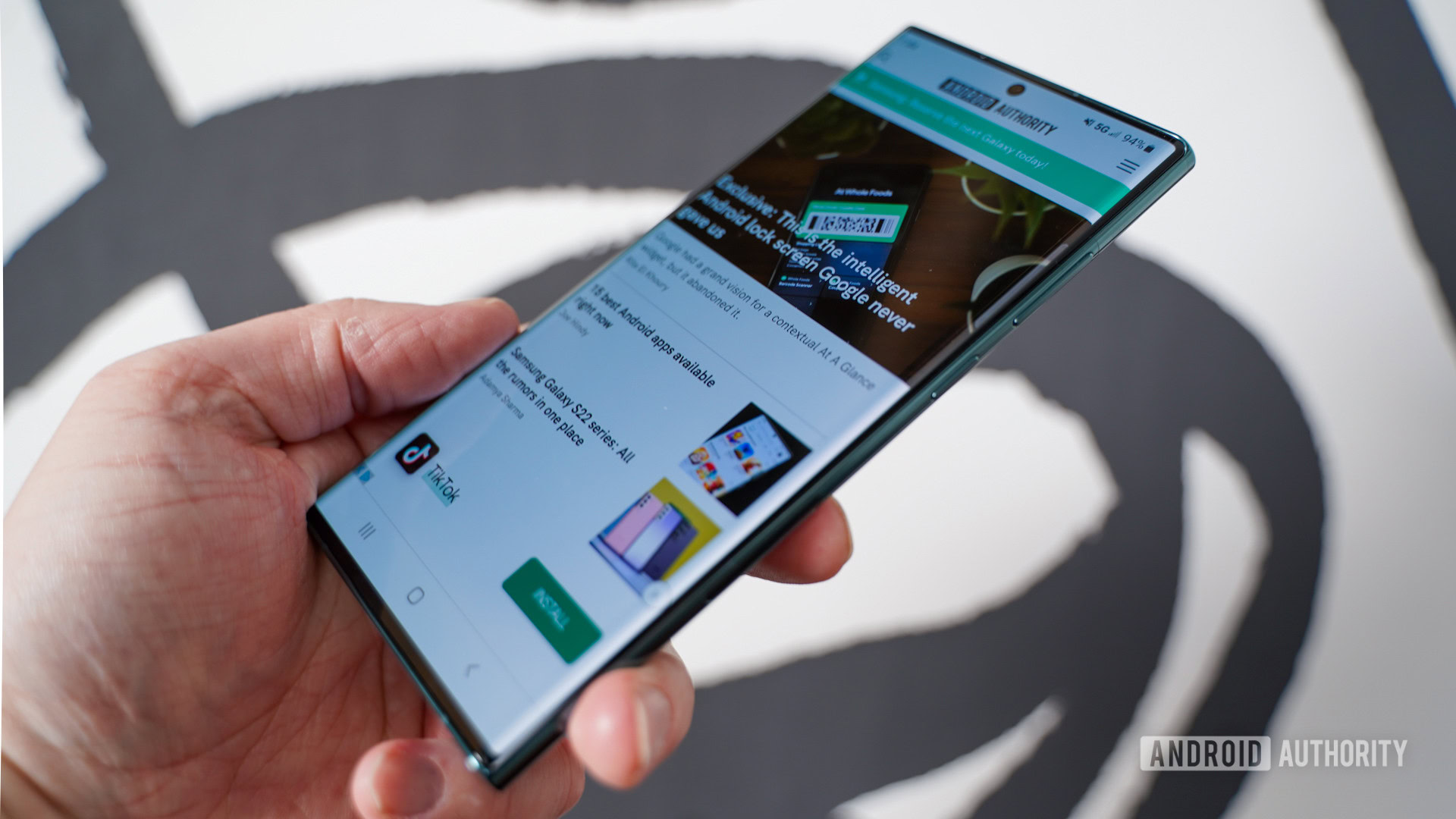Affiliate links on Android Authority may earn us a commission. Learn more.
Poll: Should Samsung switch to Snapdragon power only for flagship phones?

Update: May 30, 2022 (4:15 AM ET): We’ve published our poll results article, and it turns out that most of you think Samsung flagships should exclusively use Snapdragon power. You can read our full results article at the link.
Original article: May 25, 2022 (6:24 AM ET): A Korean outlet recently reported that Samsung could skip new Exynos processors (presumably for flagships) in 2023 and 2024 ahead of an ambitious in-house chipset being released in 2025. This crazy story would mean that the Galaxy S23 and Galaxy S24 families might be exclusively powered by Qualcomm Snapdragon silicon.
This got us thinking whether you think Samsung should only use Snapdragon chipsets in its flagship phones or if it should keep Exynos power. So let your voice be heard via our poll below and via the comments section.
Should Samsung flagships switch to Snapdragon power only?
One argument in favor of only using Snapdragon silicon is that we wouldn’t see significant performance differences between devices from various regions. One of the most glaring examples of this was 2020’s flagships, with the Snapdragon 865-toting Galaxy S20 phones handily beating devices powered by the Exynos 990. So you wouldn’t be paying the same amount of cash (if not more) for a less capable phone if you lived in the wrong region.
Another argument for using Snapdragon chipsets exclusively is that it would allow Samsung to fully take advantage of the SoC’s capabilities. The Galaxy phone maker has opted for feature parity before in the event that one chipset doesn’t support a feature found in the other (e.g. video quality options).
There are a few arguments against Snapdragon-exclusive Galaxy flagships though. For one, using two different chipsets gives Samsung some flexibility in terms of production and meeting demand, especially with the chip shortage still affecting the industry. Another argument is that Samsung would have no alternative to Qualcomm in the event that the Snapdragon chipset is a horrible performer.